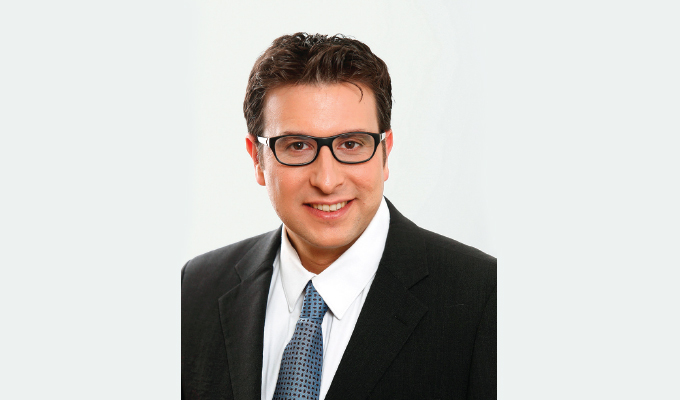Gilad Cohen is chief executive officer for IDE Americas, a leader in the development, engineering, construction, and operation of advanced water treatment solutions, managing the company’s sales, marketing, and business development activities. He stopped by MPT’s podcast, The Efficiency Point, to discuss his company’s Eco-Reuse system. Addressing the world’s growing water demand by reusing municipal wastewater, IDE Eco-Reuse offers a safe process for producing high-quality potable water while also minimizing environmental impact.
MPT: Most people are familiar with adding chlorine to treat water. But what are the hazards of that process and what led you to seeking an alternative?
Gilad Cohen: Adding clients into water is obviously for the purpose of disinfection. This is the most common use but with that there are certain side effects that I think the public is less aware of, information of different organic matters that with time and with investigation have been identified to be potentially harmful.
Our team at IDE always have the model of thinking how can we continuously increase water safety, increase resilience, and increase sustainability. For us, sustainability and water safety start with reducing chemical footprints to the extent possible. Looking on those processes that are used today for wastewater, we came to the conclusion that if we can reduce the disinfection element dosing up front, we can potentially increase the safety of the water.
MPT: How would you summarize the Eco-Reuse process?
Gilad Cohen: Eco-Reuse is the process that was developed by IDE, which essentially takes the standard process coming for wastewater reuse, essentially turning wastewater into potable water. The process essentially incorporates a different logic on how to run the main or the core of the process, which is using reverse osmosis by modifying the logic of the process in a way that already embeds disinfection.
In short, we’re modifying the way reversal is most commonly used. Instead of running a continuous process, we’re running a full cycle process, which essentially means we create modifications in pressure on the bright side of the reverse osmosis systems in a way that modifies the pressure periodically and that causes the bacteria to dehydrate, or the iteration of the bacteria and inactivate them in a way that essentially gives you the effect that the disinfection would be without using chemicals.
MPT: Does that change in pressure without using chemicals mean that Eco-Reuse can help improve system efficiency?
Gilad Cohen: Absolutely, it essentially simplifies the operation. It reduces the chemical footprint, or the fact that you even need to handle some of the chemicals or have chemicals on your site. That makes the system more available and you get more uptime of the system, and in certain cases, in the right configuration, we can even increase recovery. Every increase in recovery means you get more product water out of the system than you would get with a regular system.
To listen to an extended version of this interview, be sure to subscribe to MPT’s podcast, The Efficiency Point.
MODERN PUMPING TODAY, October 2021
Did you enjoy this article?
Subscribe to the FREE Digital Edition of Modern Pumping Today Magazine!



